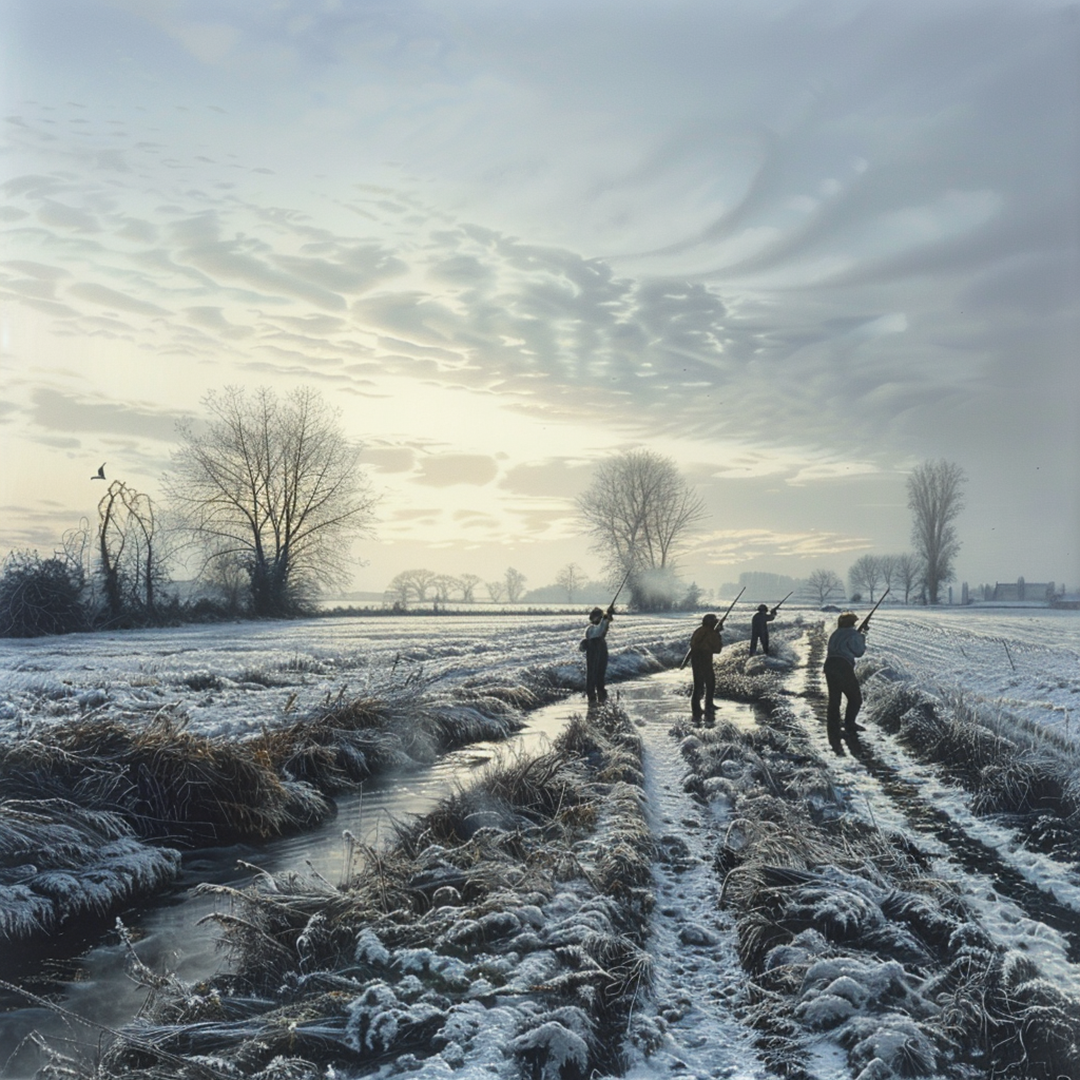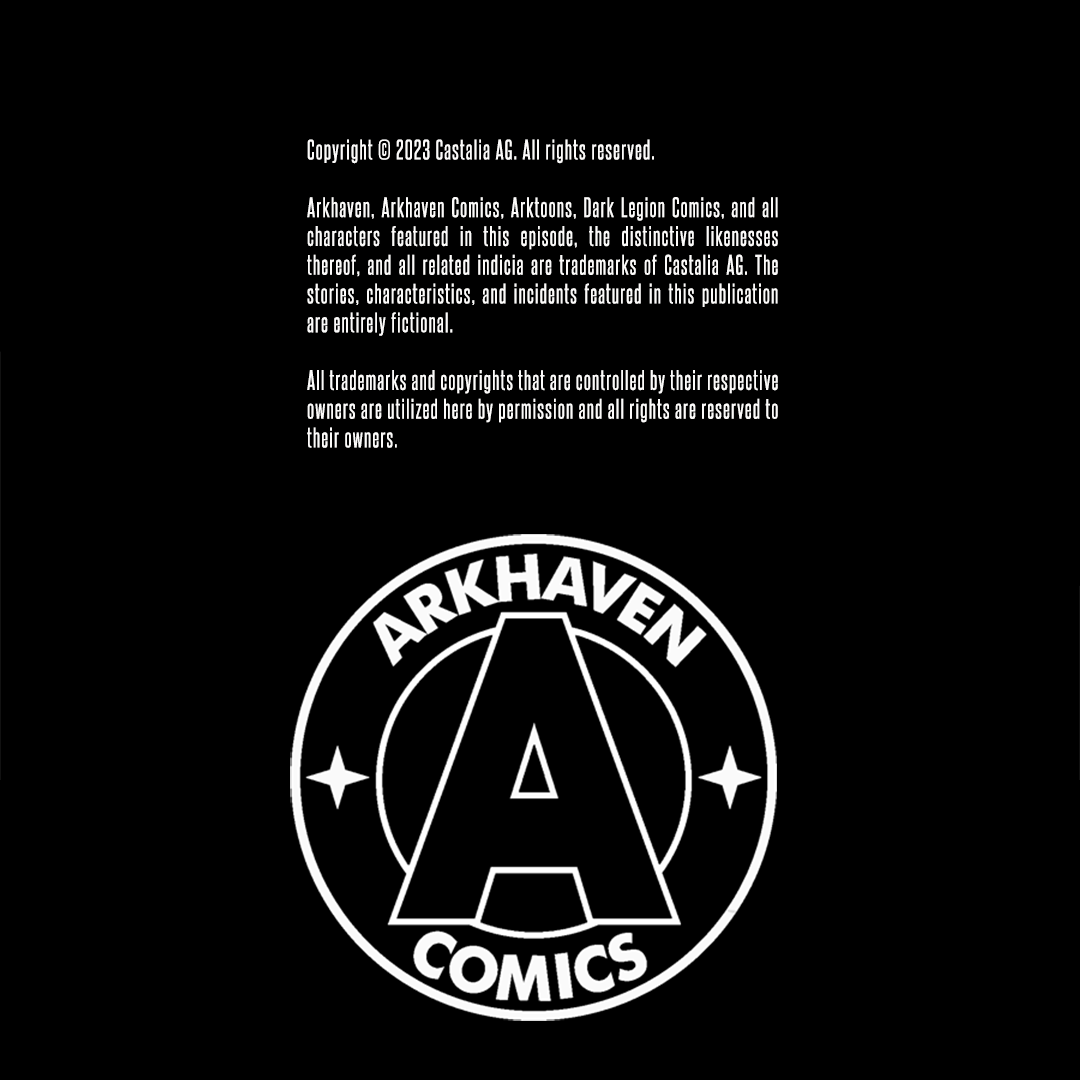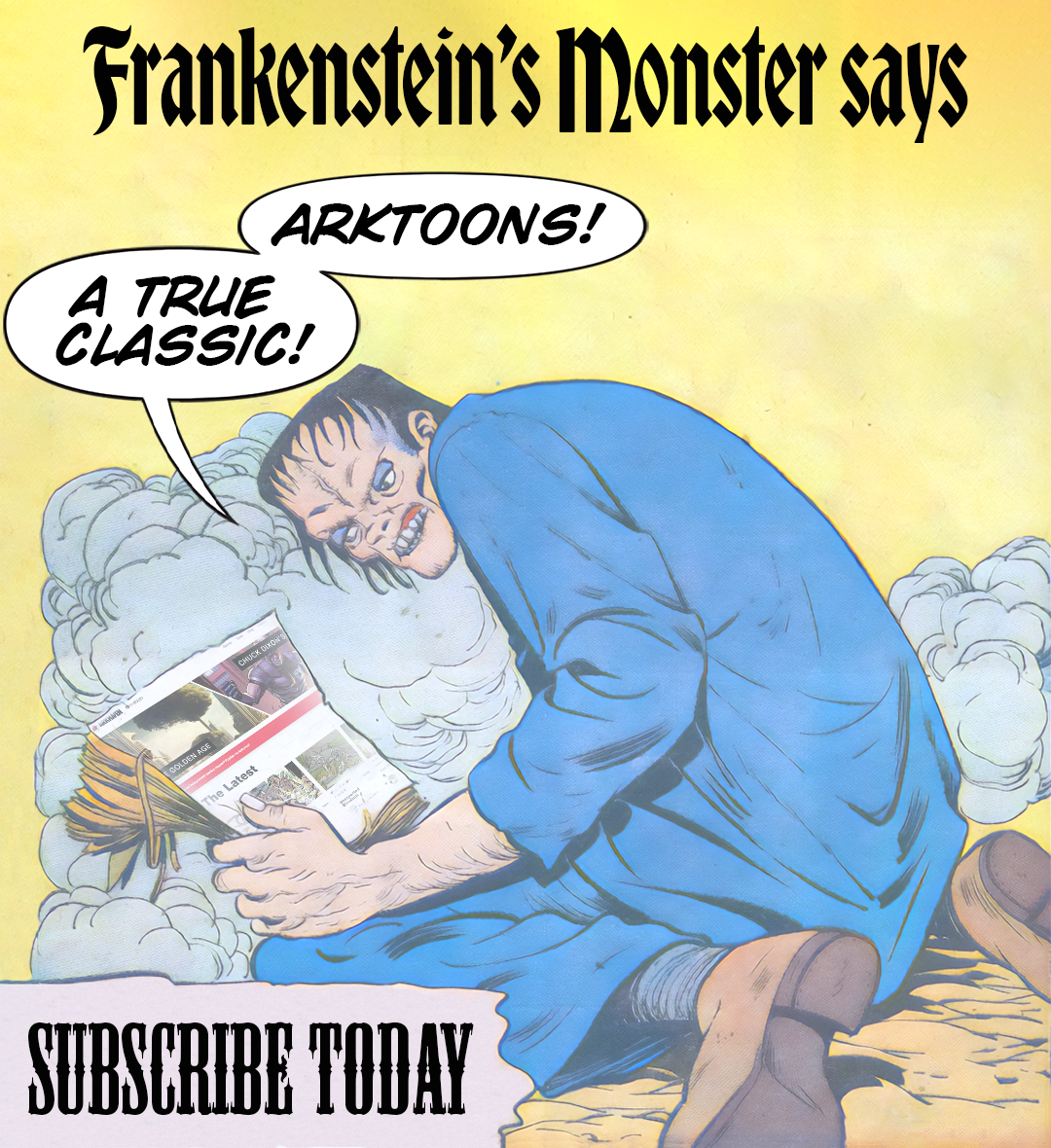

As was natural, the Arkham papers made much of the incident with its collegiate sponsoring, and sent reporters to talk with Nahum Gardner and his family. At least one Boston daily also sent a scribe, and Nahum quickly became a kind of local celebrity. He was a lean, genial person of about fifty, living with his wife and three sons on the pleasant farmstead in the valley. He and Ammi exchanged visits frequently, as did their wives; and Ammi had nothing but praise for him after all these years. He seemed slightly proud of the notice his place had attracted, and talked often of the meteorite in the succeeding weeks. That July and August were hot; and Nahum worked hard at his haying in the ten-acre pasture across Chapman's Brook; his rattling wain wearing deep ruts in the shadowy lanes between. The labour tired him more than it had in other years, and he felt that age was beginning to tell on him.
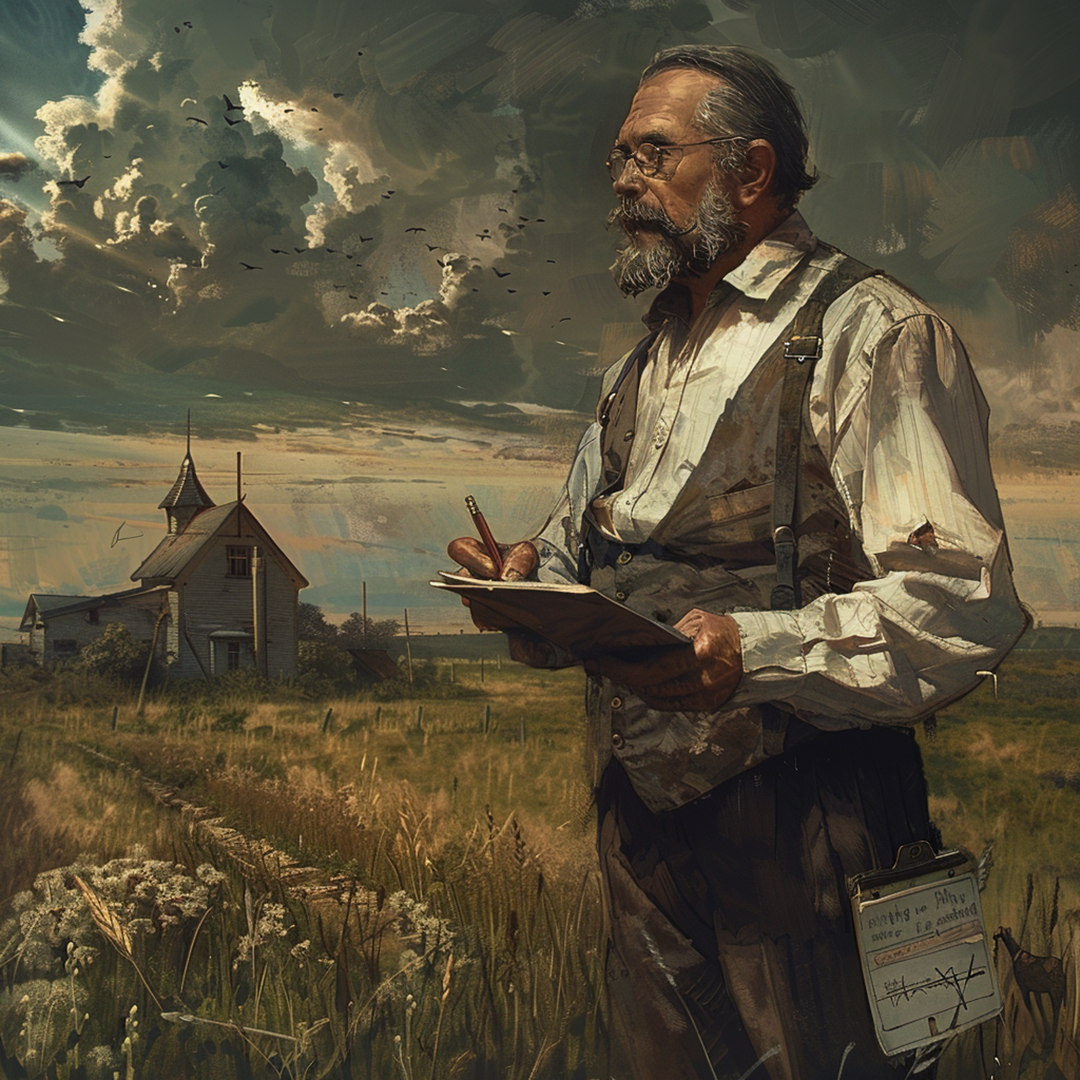
Then fell the time of fruit and harvest. The pears and apples slowly ripened, and Nahum vowed that his orchards were prospering as never before. The fruit was growing to phenomenal size and unwonted gloss, and in such abundance that extra barrels were ordered to handle the future crop. But with the ripening came sore disappointment, for of all that gorgeous array of specious lusciousness not one single jot was fit to eat. Into the fine flavour of the pears and apples had crept a stealthy bitterness and sickishness, so that even the smallest of bites induced a lasting disgust. It was the same with the melons and tomatoes, and Nahum sadly saw that his entire crop was lost. Quick to connect events, he declared that the meteorite had poisoned the soil, and thanked Heaven that most of the other crops were in the upland lot along the road.
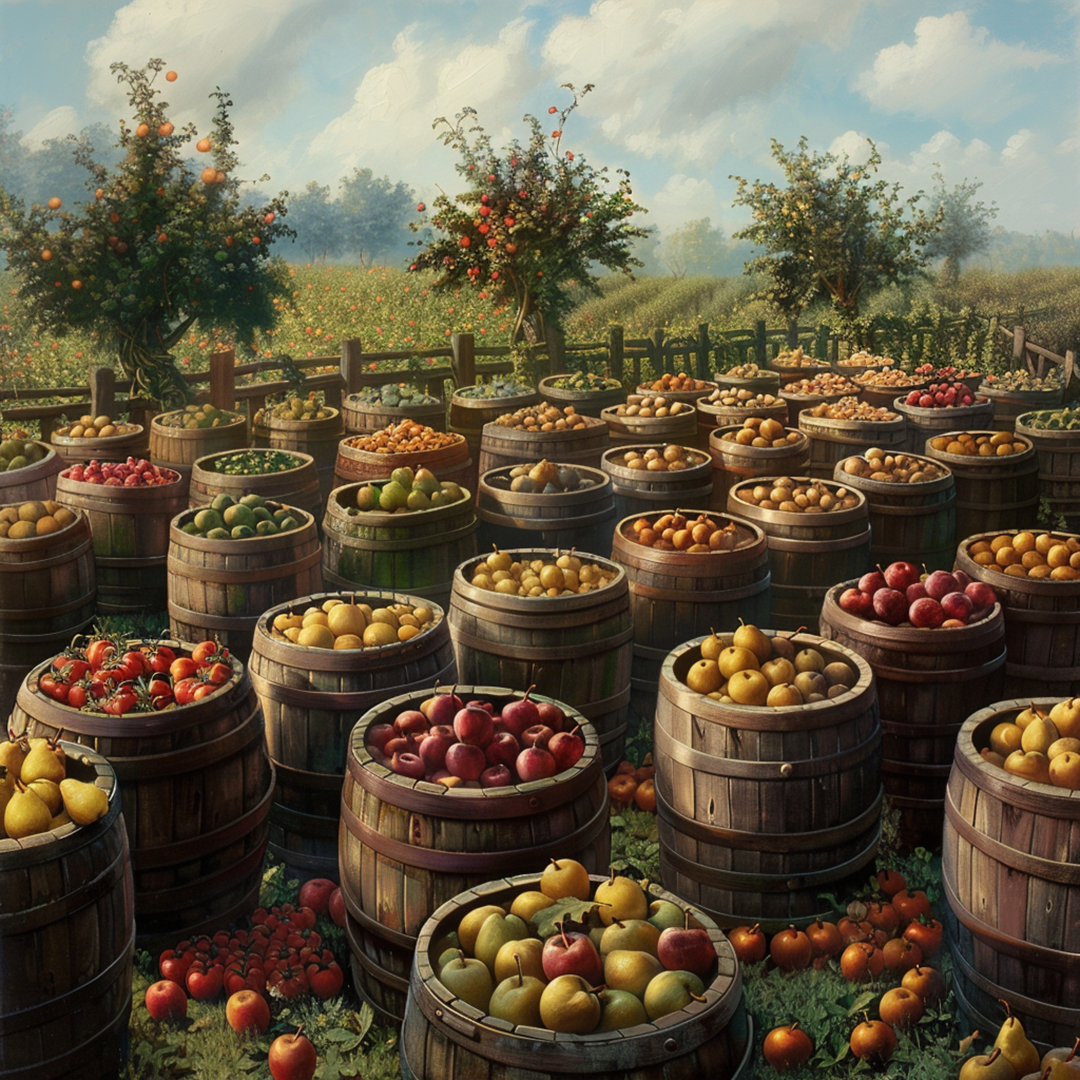
Winter came early, and was very cold. Ammi saw Nahum less often than usual, and observed that he had begun to look worried. The rest of his family too, seemed to have grown taciturn; and were far from steady in their churchgoing or their attendance at the various social events of the countryside. For this reserve or melancholy no cause could be found, though all the household confessed now and then to poorer health and a feeling of vague disquiet. Nahum himself gave the most definite statement of anyone when he said he was disturbed about certain footprints in the snow. They were the usual winter prints of red squirrels, white rabbits, and foxes, but the brooding farmer professed to see something not quite right about their nature and arrangement. He was never specific, but appeared to think that they were not as characteristic of the anatomy and habits of squirrels and rabbits and foxes as they ought to be. Ammi listened without interest to this talk until one night when he drove past Nahum's house in his sleigh on the way back from Clark's Corners. There had been a moon, and a rabbit had run across the road; and the leaps of that rabbit were longer than either Ammi or his horse liked. The latter, indeed, had almost run away when brought up by a firm rein. Thereafter Ammi gave Nahum's tales more respect, and wondered why the Gardner dogs seemed so cowed and quivering every morning. They had, it developed, nearly lost the spirit to bark.
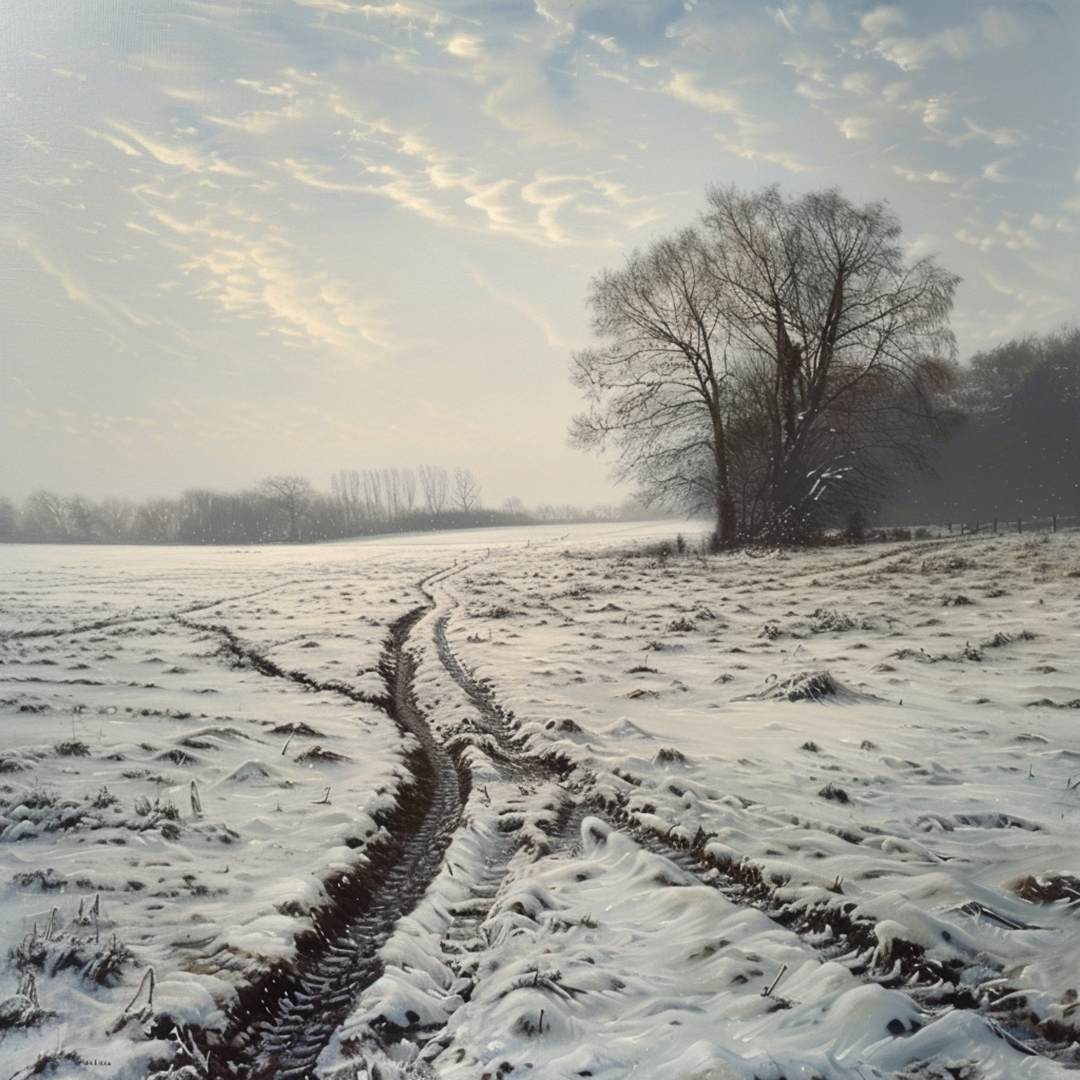
In February the McGregor boys from Meadow Hill were out shooting woodchucks, and not far from the Gardner place bagged a very peculiar specimen. The proportions of its body seemed slightly altered in a queer way impossible to describe, while its face had taken on an expression which no one ever saw in a woodchuck before. The boys were genuinely frightened, and threw the thing away at once, so that only their grotesque tales of it ever reached the people of the countryside. But the shying of horses near Nahum's house had now become an acknowledged thing, and all the basis for a cycle of whispered legend was fast taking form.
